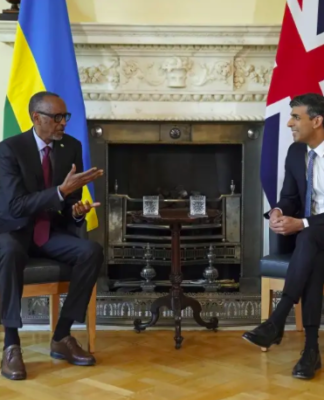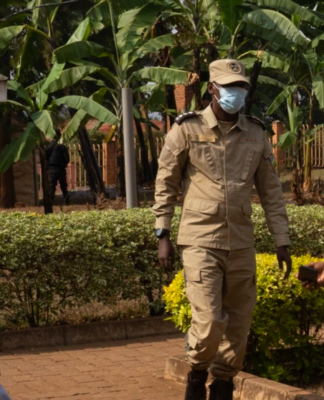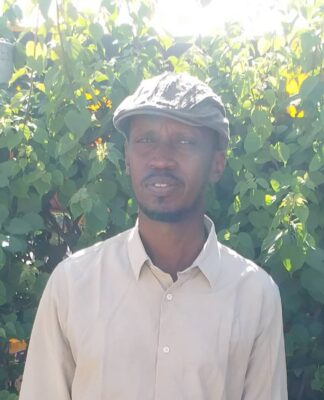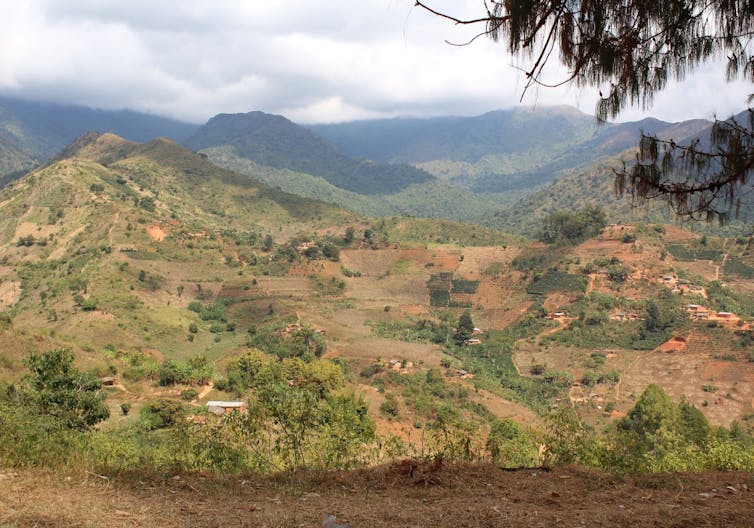
Julia van Velden, Griffith University; Boyson Moyo, Lilongwe University of Agriculture and Natural Resources; Duan Biggs, Griffith University, and Henry Travers, University of Oxford
Bushmeat hunting and consumption, where wild animals are harvested for food, is a danger to wildlife around the world. Harvesting for human consumption is the largest threat to 98% of large species threatened with extinction. It’s rated by conservation professionals as the top threat to wildlife in protected areas across Africa.
People hunt bushmeat for many reasons. It’s a way of providing protein for the household, to earn income, for cultural or traditional reasons, or because it is perceived as a right.
People consume bushmeat for a range of different reasons too. It can be a cheaper form of protein than livestock meat, to add diversity to diets, because they prefer the taste or simply because there are no other options.
Given these myriad reasons for hunting and eating bushmeat, it can be difficult for conservationists to design and implement interventions to stop the practice. Simplistic understandings of the issue are common in conservation. This means that interventions are often unable to fully account for the complex realities of the communities who depend on bushmeat for their livelihoods.
Enforcement at protected areas is key way to prevent bushmeat poaching. But it’s also important to recognise the contribution bushmeat makes to livelihoods, incomes and food security.
It’s therefore important to design interventions that can help people shift away from hunting and consuming bushmeat without negatively affecting livelihoods.
Our recently published study investigated the problem in Malawi where other research has shown high rates of bushmeat hunting and consumption from protected areas across the country. In some areas, up to 39% of households consume bushmeat.
Our research gives vital information to conservation professionals in Malawi to allow them to plan community-based projects more effectively. The results show that there’s potential for micro-enterprise initiatives to shift activities away from bushmeat hunting, while also being acceptable to communities in terms of fairness. By encouraging such programmes, it may be possible to reduce bushmeat hunting and consumption from protected areas.
Community-based interventions
We used scenarios to understand how people in communities living around the protected areas would respond to a range of hypothetical programmes. Conservation funds are limited. It’s therefore important to have information about how communities perceive different interventions before they’re implemented, in case they don’t work as expected.
We interviewed 250 households around four national parks in Malawi, namely Majete Wildlife Reserve, Nkhotakota Wildlife Reserve, Vwaza March Wildlife Reserve and Nyika National Park. We asked them how they would respond to seven different interventions.
We found that people were most likely to substitute their current activities (including illegal hunting) under alternative income projects such as micro-enterprise and skills training programmes. Micro-enterprise activities could provide alternative incomes while skills training could enable participants to start working in sectors unrelated to natural resources. For example, starting a shop or arts and crafts business.
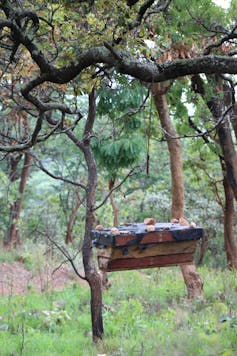
These types of programmes, which provide long term benefits to households, were preferred to, and seen to be fairer than, projects that might allow resource use – such as harvesting from the park.
Regulated hunting was the least preferred programme of all those considered. This shows that illegal hunters may actually prefer to switch activities to something else if given the chance.
Donating livestock was also a popular option with participants.
We also found that people generally supported enforcement of wildlife laws. This suggested that people recognise the benefits protected areas provide. We estimate that increasing enforcement at the protected areas would however decrease the availability of meat in households by 14%.
This points to the importance of ensuring there is a balance between increasing enforcement and ensuring household food security.
Next steps
These results show that programmes that can harness development goals, while enhancing conservation, may successfully reduce bushmeat hunting and consumption around protected areas.
This suggests that successful conservation cannot happen without substantial empowerment and investment into communities.
To achieve this we suggest partnerships with development organisations, both local and international, to provide the experience, skills and resources needed for programmes that move beyond relying on natural resources. Taking into account community preferences and perceptions is vital to ensure that programmes are socially just and legitimate. This will ensure the support of local communities in conservation and also allow Malawi’s wildlife to flourish.
Malawi’s Department of National Parks and Wildlife has embarked on a campaign to highlight the risks of both hunting and consuming bushmeat as part of a push to deter these illegal activities. Designing effective interventions is vital to complement this approach.
Julia van Velden, PhD candidate, Griffith University; Boyson Moyo, Senior Lecturer, Agriculture and Natural Resources, Lilongwe University of Agriculture and Natural Resources; Duan Biggs, Senior Research Fellow Social-Ecological Systems & Resilience, Griffith University, and Henry Travers, Senior research associate, University of Oxford
This article is republished from The Conversation under a Creative Commons license. Read the original article.






























